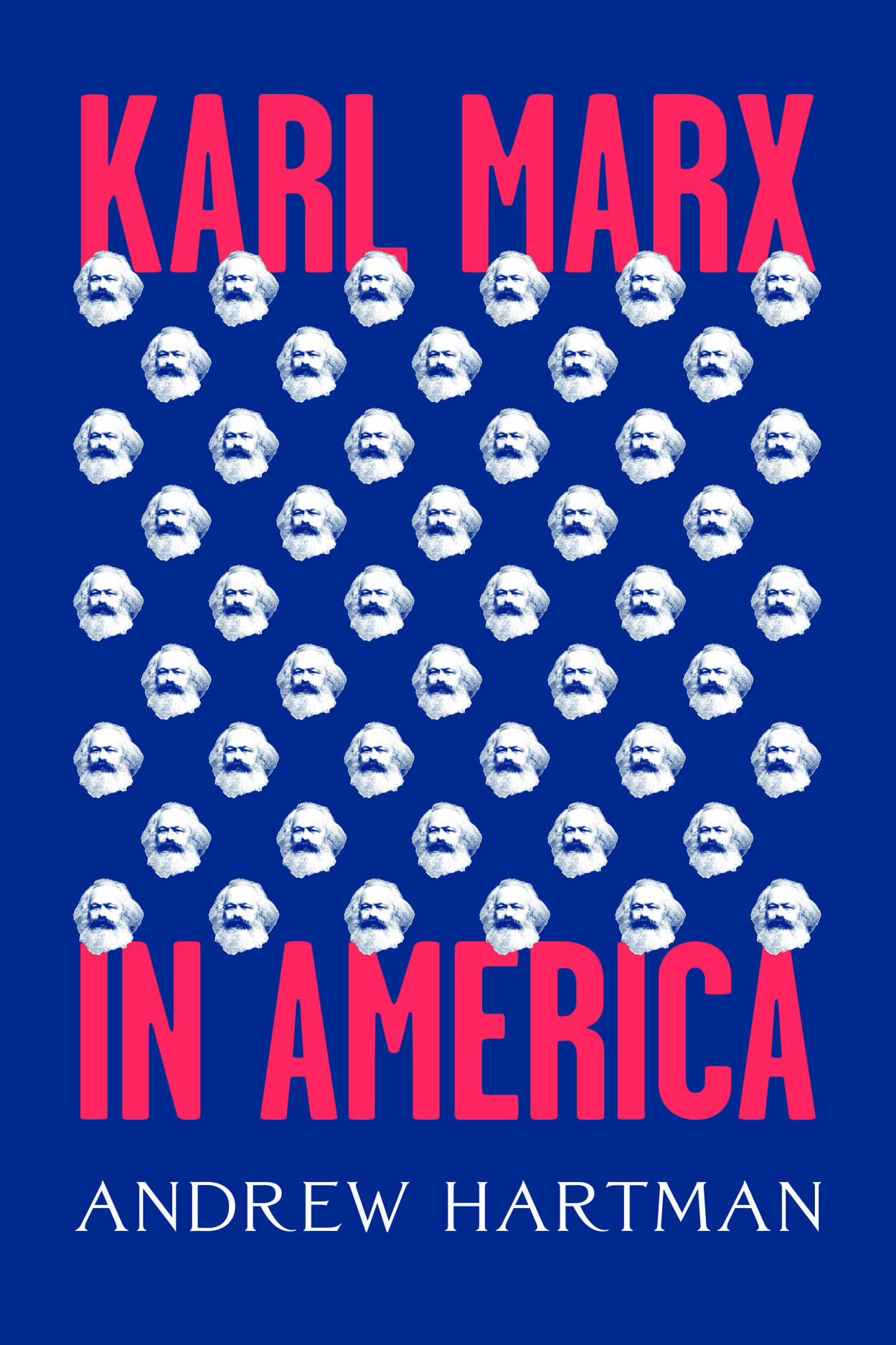The other argument that I am making – and I am not the first, a few people have made this – is that his close attention to the civil war and the politics of revolutionary class struggle and capitalism helped form his ideas for Capital.
So, that is really where the story starts, with his civil war writings and how they helped shape his ideas more broadly. His civil war writings did not have an American audience, it was a European audience, but they shaped his thinking on capitalism. And later, as the story proceeds through the 20th century, his civil war writings would become extremely influential on how American historians would think about the civil war. In short, at the time, there is not that influence, but it comes later.
Slagmark: Can you go a bit more into on how this experience of the civil war influenced Capital?
Hartman: Sure, that is a puzzle I am working on and trying to piece out. One of Marx’s long-standing arguments about capitalism is that it is both progressive and horrible. It is better than feudalism, because it is revolutionary and unleashes energies and spirits that are progressive and will lead to something better, and it destroys the traditional feudal ties that has kept people in bondage for millennia, but on the other hand, it is horrible because it impoverishes people as a proletariat. And one of the things he noticed about the US civil war is, that not only had the Union come to a different politics because of its different attitude towards slavery, but that it came to this because of its different attitudes about labour, free labour versus slave labour, and how the free labour system, which was the basis of Union political economy, was in direct tension with the slave labour system, which was more traditional and feudal. And these progressive energies unleashed by the Union were a good thing, a revolutionary thing, and he had hoped it would eventually lead to the kind of working class consciousness that would cut across these feudal or traditional boundaries. He had already been working with these ideas, but they were made more concrete by his close study of the US civil war. Many scholars in the US since has disagreed with that, but I think it helped shape his ideas.
